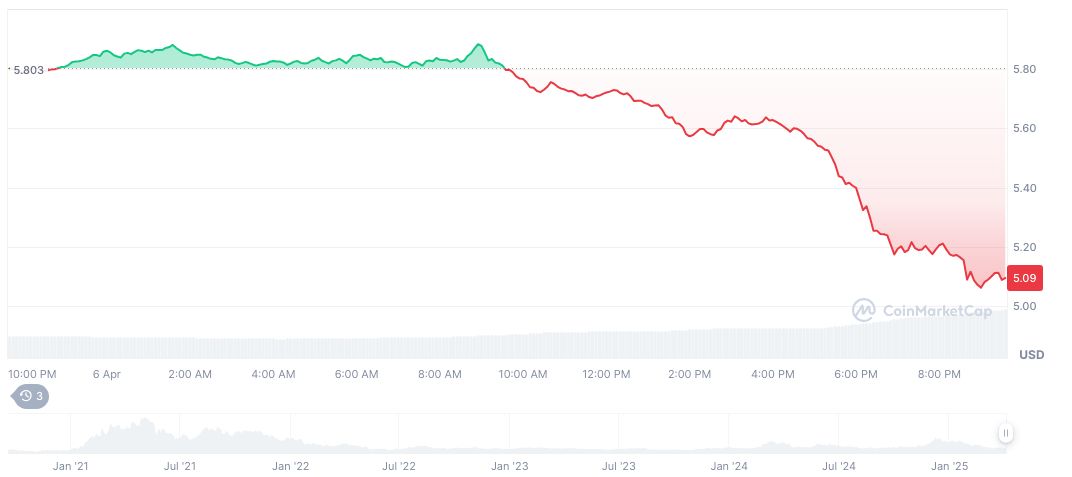- The SEC’s Crypto Task Force, led by Commissioner Hester M. Peirce, oversees regulation efforts.
- Industry players discuss cryptocurrency trading regulations on April 11.
- Event outcome may affect market sentiment and institutional adoption.
The SEC will conduct its second crypto regulations roundtable on April 11, focusing on tailored cryptocurrency trading rules in the U.S.
The event could redefine regulatory approaches, potentially influencing institutional crypto adoption and compliance pathways.
SEC’s April Roundtable with Industry Leaders
On April 11, 2025, the SEC will host a second crypto regulation roundtable, centered on tailored policies for crypto trading. The session, titled “Between a Block and a Hard Place: Tailoring Regulation for Crypto Trading,” features leading figures like Commissioner Hester M. Peirce and Gregory Tusar (Coinbase). Commissioner Peirce notes, “The roundtables are an opportunity for us to hear a lively discussion among experts about what the regulatory issues are and what the Commission can do to solve them.”
Key changes following the roundtable could include refined approaches to crypto exchange registries and transparency rules. Such changes are expected to enhance clarity and foster better regulatory compliance across the industry.
Community reactions include cautious optimism from developers and institutional investors, expecting clearer regulations to encourage innovation. Industry leaders, including Hester M. Peirce, advocate for balanced regulations facilitating growth without stifling innovation.
Expert Insights and Market Challenges
Did you know? April’s roundtable is part of a broader initiative by the SEC to move from enforcement-heavy measures towards balanced dialogue, facilitating more nuanced regulatory frameworks since January 2025.
According to CoinMarketCap, Uniswap is currently valued at $5.09, with a market cap of $3.20 billion and a trading volume exceeding $123 million. Uniswap’s price declined by over 66% in the past 90 days through April 6, 2025.

Coincu’s research indicates that fostering open dialogue between regulators and industry players is vital for crafting effective regulations. Collaborative approaches and data-driven policies could significantly benefit the crypto sector’s evolution and regulatory harmony.























